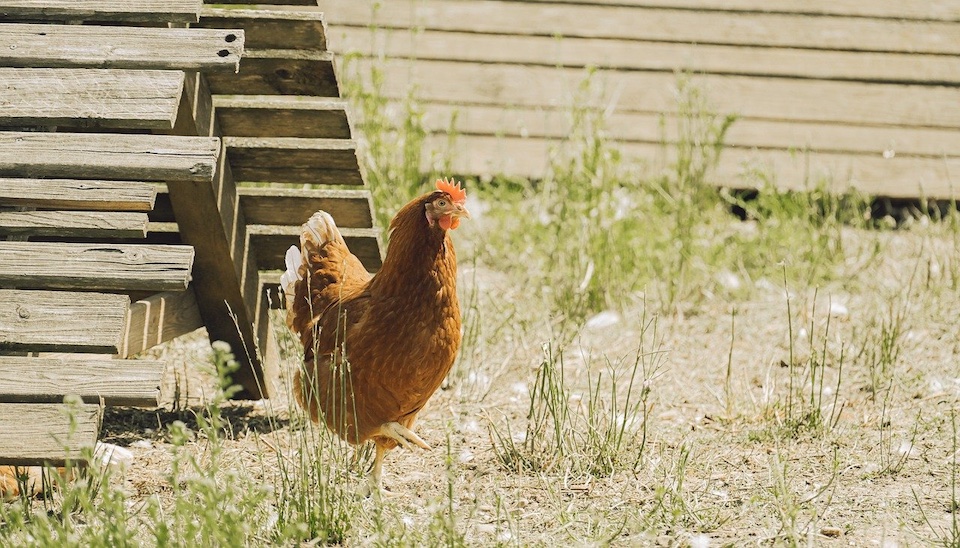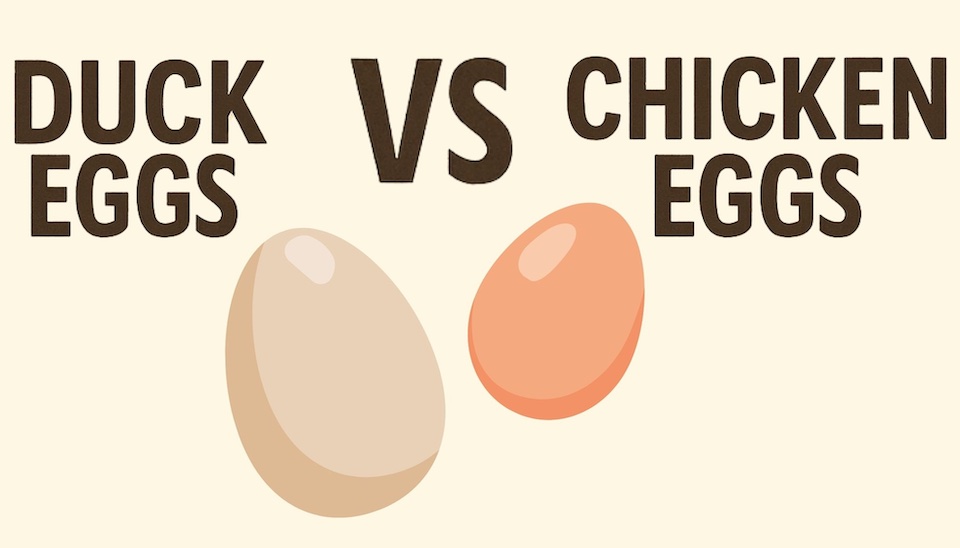Can you Keep Ducks, Geese and Chickens together?
Can You Keep Ducks, Geese, and Chickens Together?
At Dine-A-Chook, we frequently address questions about mixed poultry housing, such as, Can you keep ducks and geese with chickens?
Yes, chickens, ducks and geese can live together. By catering to each species' unique needs and ensuring ample space, they generally coexist harmoniously.
Before integrating ducks and geese into your chicken coop, consider these potential challenges to avoid issues:
- Waterfowl like ducks and geese need specific feed that includes extra niacin, which is not in chick starter.
- Ducks and geese prefer nesting on the ground and often sleep outside, unlike chickens that love our chicken nesting boxes for laying eggs.
- Ducks and geese can make the environment messy; ensure water access for them to clean their heads.
Check out our
Dine-A-Chook Chicken Feeders because they are also great for feeding Ducks and Geese, along with Chickens and Laying Hens. We also sell specialized duck waterers in our store.
Key Considerations for Mixed Poultry Housing
1. Different Feed Types
While ducks and geese can consume layer pellets, medicated feed should be avoided as they thrive on a waterfowl-specific feed. Ducklings and goslings, in particular, require additional niacin, which is not found in chick starter.
2. Nesting and Sleeping Quarters
Ducks and geese have distinct nesting preferences, typically nesting on the ground. Although they can sleep in the chicken coop, these waterfowl rarely self-settle at night and often prefer sleeping outdoors.
For those with enclosed runs, consider a separate waterfowl house that allows them freedom to enter and exit as they please.

3. Social Dynamics and Space Requirements
Wondering if ducks, geese, and chickens can live together? They typically do, once a pecking order is established. Similar to roommates settling into shared living, peaceful coexistence is achievable. However, cramped conditions can lead to conflicts, mirroring the issues that arise in too-small housing for mixed poultry.
Furthermore, instances of aggressive behaviour from larger birds can occur, highlighting the importance of sufficient space to prevent conflicts.
4. Male to Female Ratios
Maintaining balanced male-to-female ratios is crucial. For instance, a healthy ratio involves about eight hens per rooster, while drakes generally require two to three ducks. Without enough females, male ducks might display aggressive mating behaviours towards chickens, which can cause harm or even fatality.
5. Ducks and Geese as Mess Makers
The playful splashing of ducks and geese can lead to messy, damp conditions unsuitable for chickens. Though nipple drinkers can help, all waterfowl need access to water deep enough to submerge their heads fully.
Consider using a Dine-A-Chook Duck Waterer with nipple outlets adapted for ducks and geese.
6. Protection from Predators
Geese also serve as excellent guard animals, alerting your chickens to any nearby threats. For optimal integration, raise a goose alongside your chickens from a young age to foster a strong bond and effective protective behaviour.
If you have additional insights on housing ducks, geese, and chickens together, please contact us. We are always eager to expand our advice for the benefit of the backyard poultry community.
7. Health and Disease Management
When keeping ducks, geese, and chickens together, it's crucial to manage their health proactively.
Each species can be susceptible to different diseases, so regular health checks and vaccinations are essential.
Common diseases like avian influenza, coccidiosis, and respiratory infections can spread quickly in a mixed flock. It's recommended to establish a routine of cleanliness, including regular disinfection of the coop and surrounding areas. Additionally, separate any sick birds immediately to prevent the spread of illness.
Check out our poultry healthcare section.
Conclusion: Maintaining Harmony in a Mixed Flock
- Ensure ample space for all birds
- Address the dietary needs of each species
- Provide escape areas for smaller birds
- Maintain appropriate male-to-female ratios
Authored by Ryan at Dine-A-Chook Australia
Further reading: How to Prevent Disease in a Chicken Coop



